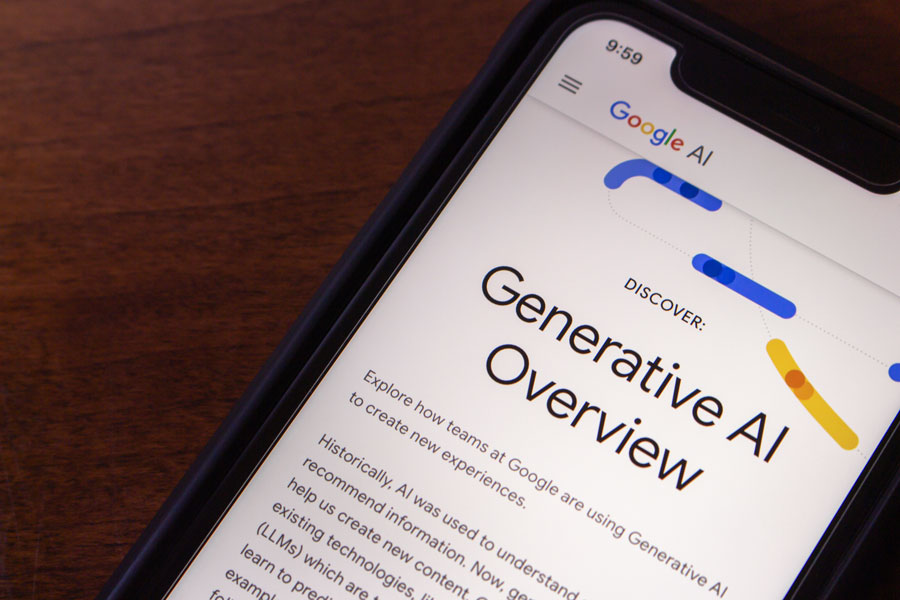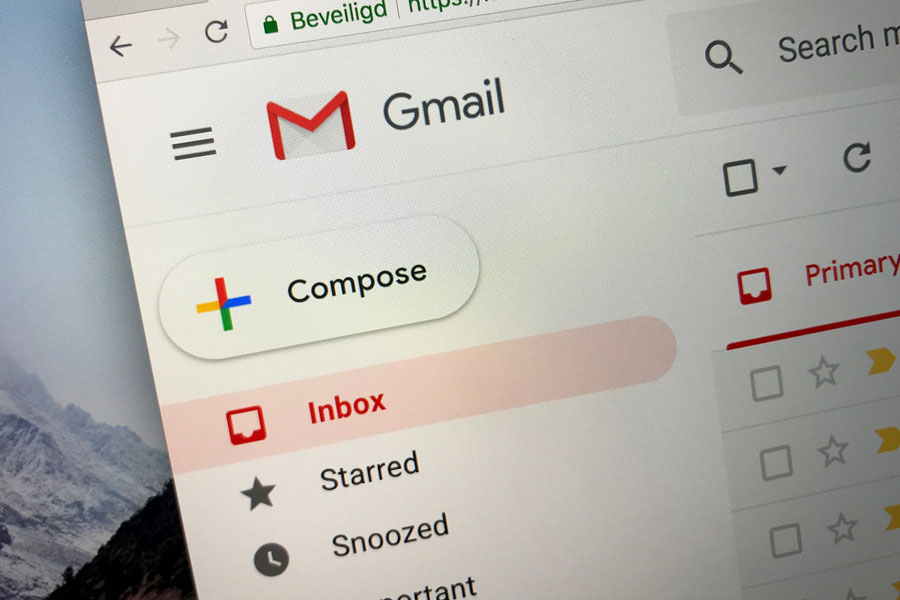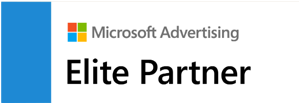
WEST PALM BEACH, FL – As Google expands its AI Overviews feature across search results, publishers and content creators are raising the alarm over a growing concern: declining website traffic. The AI-generated summaries, designed to provide users with quick answers directly in search results, are reshaping how people interact with the web—and not in a way that benefits content publishers.
Recent data and industry analysis reveal a troubling pattern. Studies show that when AI Overviews are present on a search results page, the traditional “blue link” organic listings see a significant decline in click-through rates (CTR). A study by Ahrefs found that the first organic link under an AI Overview receives 34.5% fewer clicks than it would without the AI summary above it. Meanwhile, Mail Online, a major global publisher, reported a 56% drop in CTR for its top-ranking keywords when AI Overviews appear.
Even more concerning, when Mail Online’s content was featured within an AI Overview, the CTR still dropped by 43.9%—highlighting that even being cited by AI isn’t enough to maintain the same level of organic traffic. Dotdash Meredith, another major publisher, reported a 3% year-over-year decline in user sessions, partially blaming AI Overviews for the loss.
The rise of AI Overviews coincides with what some critics call the “zero-click search problem.” By answering user questions directly on the search results page, Google effectively keeps users within its ecosystem, reducing the need to visit external websites. While Google claims AI Overviews enhance user engagement, publishers argue they strip away the incentive to click through, turning the web into a “pay-to-play” system where visibility is increasingly tied to advertising spend rather than organic ranking. This goes way beyond basic knowledge graph data I pointed out years ago in 2017.
Compounding the issue, Google provides little transparency to publishers. Analytics tools like Google Search Console do not separate AI Overview clicks from traditional search referrals, making it nearly impossible for publishers to measure the true impact of AI on their traffic. Third-party platforms like Semrush and Chartbeat also lack the ability to distinguish AI Overview traffic, leaving publishers flying blind.
The implications for the industry are profound. According to Enders Analysis, half of all publishers have seen a decline in search traffic over the past year, with AI Overviews identified as a major factor. The educational platform Chegg has even filed a lawsuit against Google, alleging that AI Overviews are diverting students toward “low-quality, unverified AI summaries,” leading to a sharp decline in Chegg’s web traffic Chegg is an education technology company based in the United States, known primarily for its online learning platform.
Publishers argue that Google’s use of AI-generated content, built on the backs of publisher data, amounts to uncompensated content appropriation. Critics, including media executives and digital rights advocates, are calling for regulatory intervention. Some experts warn that the rise of AI Overviews could invite fresh antitrust scrutiny, as Google’s dominance in search becomes increasingly intertwined with its AI products.
In response, publishers are exploring strategies to adapt:
- Diversifying traffic sources through newsletters, apps, and social media engagement.
- Creating specialized, in-depth content that AI models struggle to replicate.
- Focusing on audience engagement and loyalty beyond search, including memberships and direct subscriptions.
As the AI-driven search era unfolds, the debate over fair compensation for content and the long-term sustainability of the web ecosystem continues to intensify. The tension between innovation and equity in digital search is a story far from over.
For ongoing analysis of search engine trends, AI’s impact on SEO, and strategies to adapt, follow the latest insights at Searchen.com.










